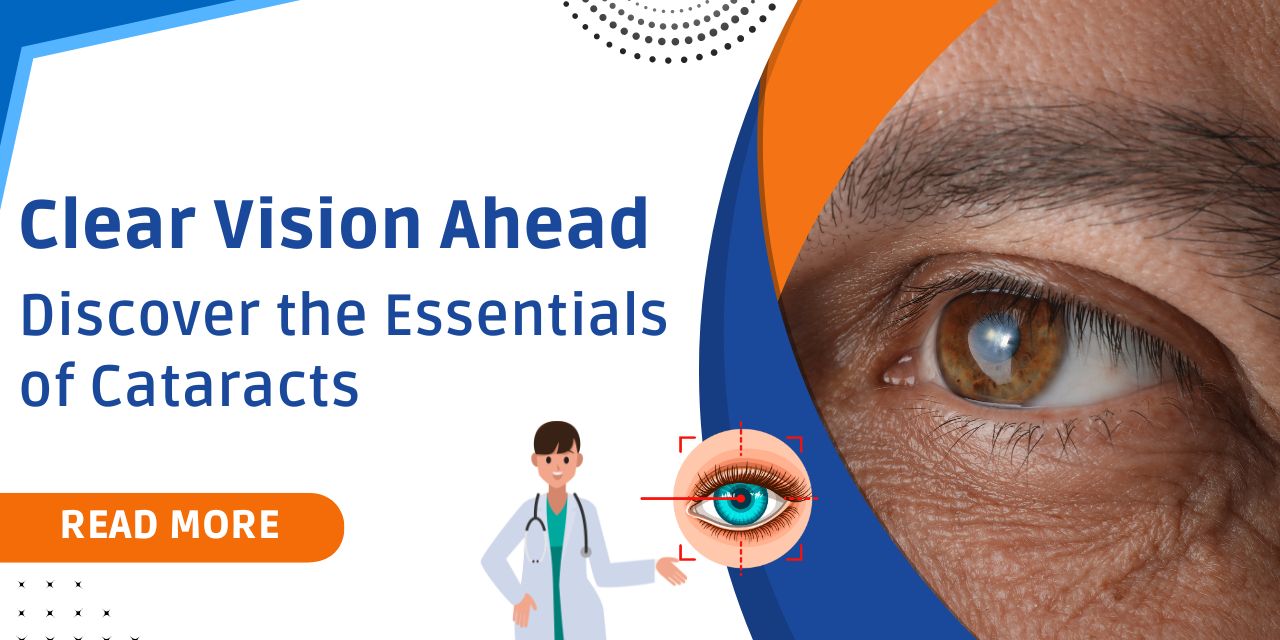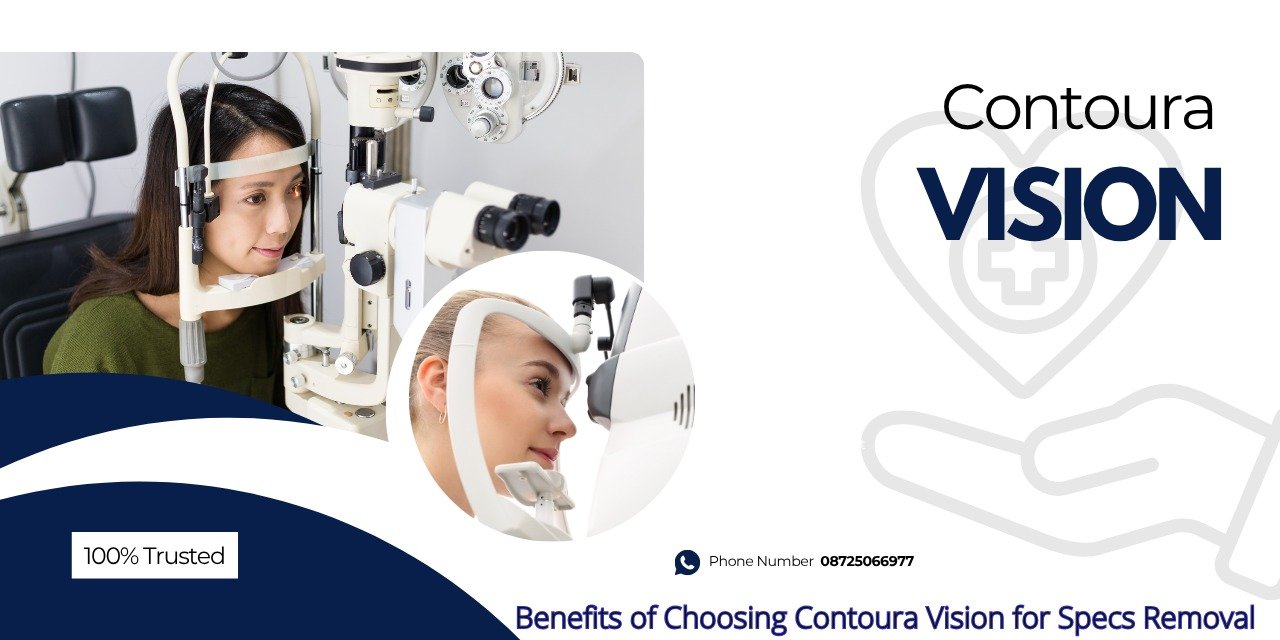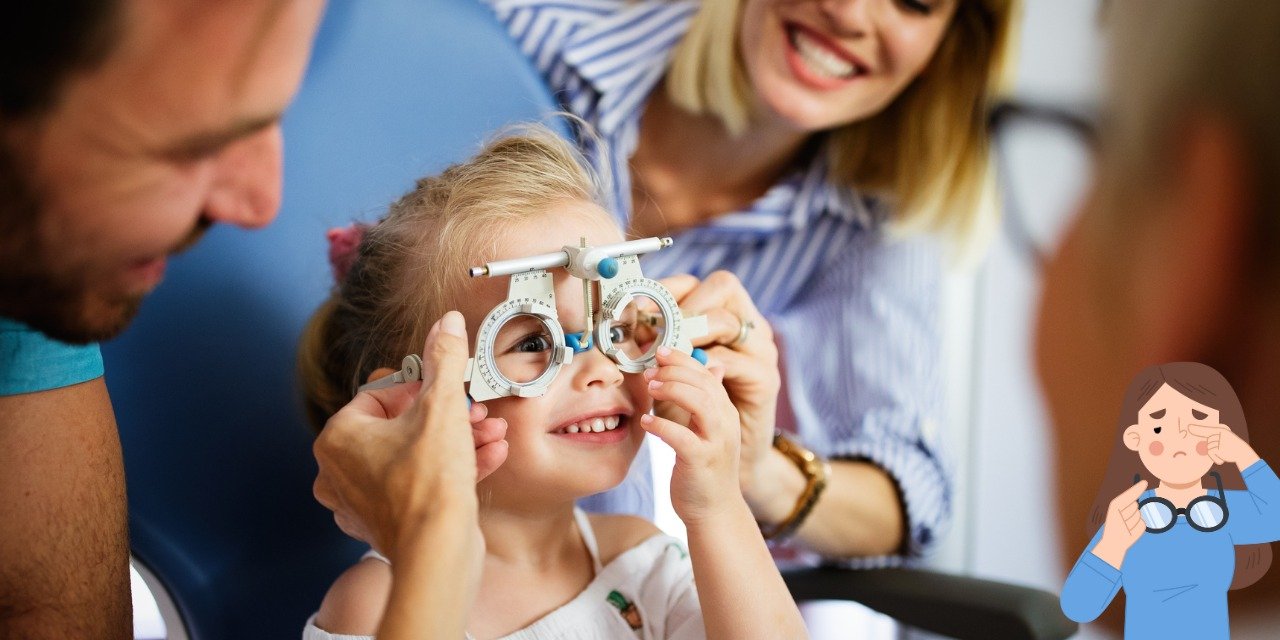Cataracts are a common vision problem, particularly affecting older adults, but they can occur at any age. If you’ve noticed your vision becoming cloudy or blurry, it could be a sign of cataracts. Understanding what cataracts are, their causes, symptoms, and treatment options is essential for maintaining eye health and ensuring you receive timely care.
What Are Cataracts?
Cataracts occur when the lens of your eye, which is normally clear, becomes cloudy or opaque. This cloudiness can obstruct light from entering the eye properly, leading to diminished vision. Cataracts develop gradually and can affect one or both eyes, though they do not spread from one eye to the other.
Causes of Cataracts
Several factors can contribute to the development of cataracts. Understanding these causes can help you take preventative measures and seek treatment early.
- Ageing
The most common cause of cataracts is aging. As we grow older, the proteins in the lens of our eyes can break down and clump together, causing cloudiness. - Genetics
Family history plays a significant role. If your parents or siblings had cataracts, you might be at a higher risk. - Medical Conditions
Diabetes can increase the likelihood of cataracts due to high blood sugar levels affecting the lens. - Eye Injury
Trauma to the eye can cause cataracts to form. This could be due to a direct blow or injury from foreign objects. - Medication Use
Long-term use of corticosteroids can contribute to cataract development. - Exposure to UV Light
Prolonged exposure to ultraviolet (UV) light from the sun can increase the risk of cataracts. Wearing sunglasses that block UV rays can help protect your eyes.
Symptoms of Cataracts
Recognizing the symptoms of cataracts early can make a significant difference in treatment and management. Common symptoms include:
➽ Blurry Vision
Vision may become cloudy or blurry, similar to looking through a frosted window.
➽ Difficulty Seeing at Night
Night vision may deteriorate, making it challenging to drive or navigate in low-light conditions.
➽ Glare and Halos
Bright lights, such as headlights or streetlights, may cause glare or halos around them, affecting vision clarity.
➽ Fading or Yellowing of Colours
Colours may appear less vibrant or have a yellowish tint.
➽ Frequent Changes in Prescription Glasses
An increased need to update your glasses prescription could indicate cataracts.
Treatment Options for Cataracts
Fortunately, cataracts are highly treatable, and modern medicine offers effective solutions. Treatment options vary depending on the severity of the cataract and its impact on your vision.
1. Eyeglasses or Contact Lenses
In the early stages of cataracts, changes in your eyeglass or contact lens prescription may help improve vision. However, this is often a temporary solution and may not be effective as the cataract progresses.
2. Cataract Surgery
When cataracts interfere with daily activities and quality of life, surgery is typically the recommended treatment. Cataract surgery is one of the most common and successful procedures performed globally. During the surgery:
- The cloudy lens is removed and replaced with a clear, artificial lens called an intraocular lens (IOL).
- The procedure is usually done on an outpatient basis, meaning you can go home the same day.
- Recovery is typically quick, with many people experiencing significant improvements in vision within days.
3. Lifestyle Adjustments
While surgery is often necessary for advanced cataracts, making lifestyle adjustments can support overall eye health. This includes:
- Protecting Your Eyes from UV Light: Wear sunglasses with UV protection to prevent further damage.
- Maintaining a Healthy Diet: Foods rich in antioxidants, such as fruits and vegetables, can support eye health.
- Regular Eye Exams: Routine eye exams can help detect cataracts early and monitor their progression.
Conclusion
Cataracts can significantly affect your vision and quality of life, but with timely intervention, you can regain clear sight and continue enjoying your daily activities. Understanding the causes, symptoms, and treatment options for cataracts is essential in managing this condition effectively.
If you are experiencing symptoms of cataracts or have concerns about your eye health, it’s crucial to seek professional guidance. Dr. Neha Khanna, renowned as the best eye surgeon in Zirakpur, provides exceptional care at Atmos Superspeciality Hospital in Zirakpur. With her expertise and advanced techniques, you can trust that your vision is capable hands.To get more information please contact us on : +918866488604













